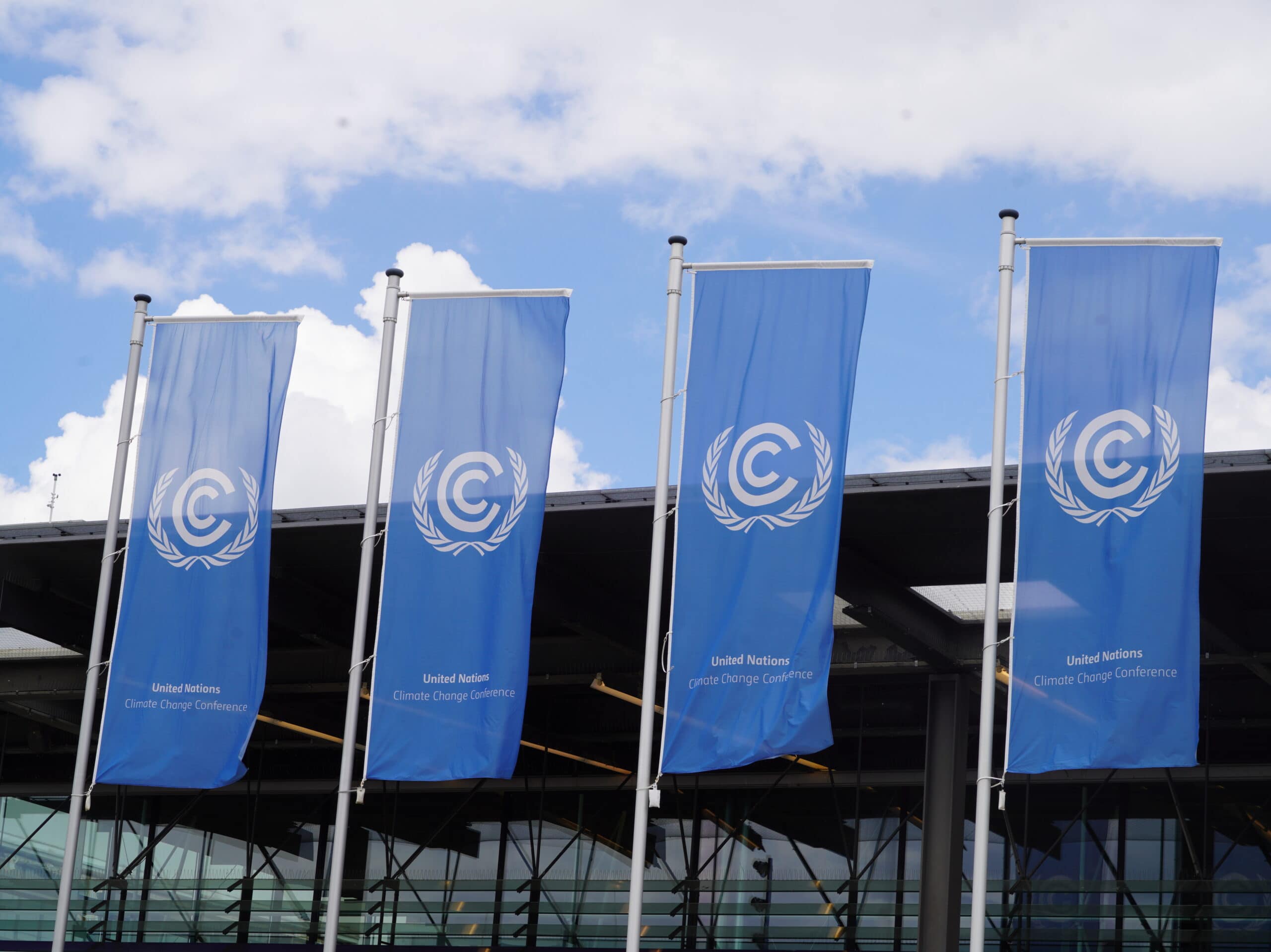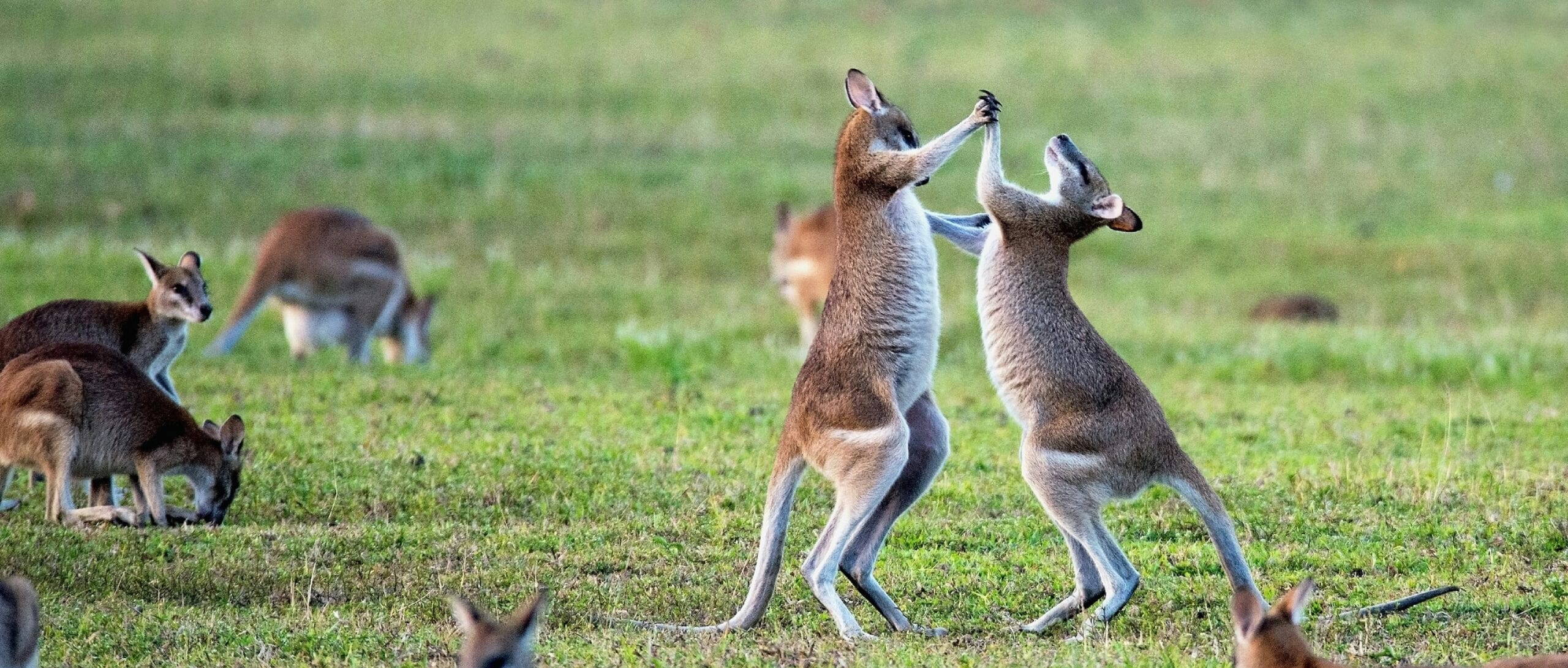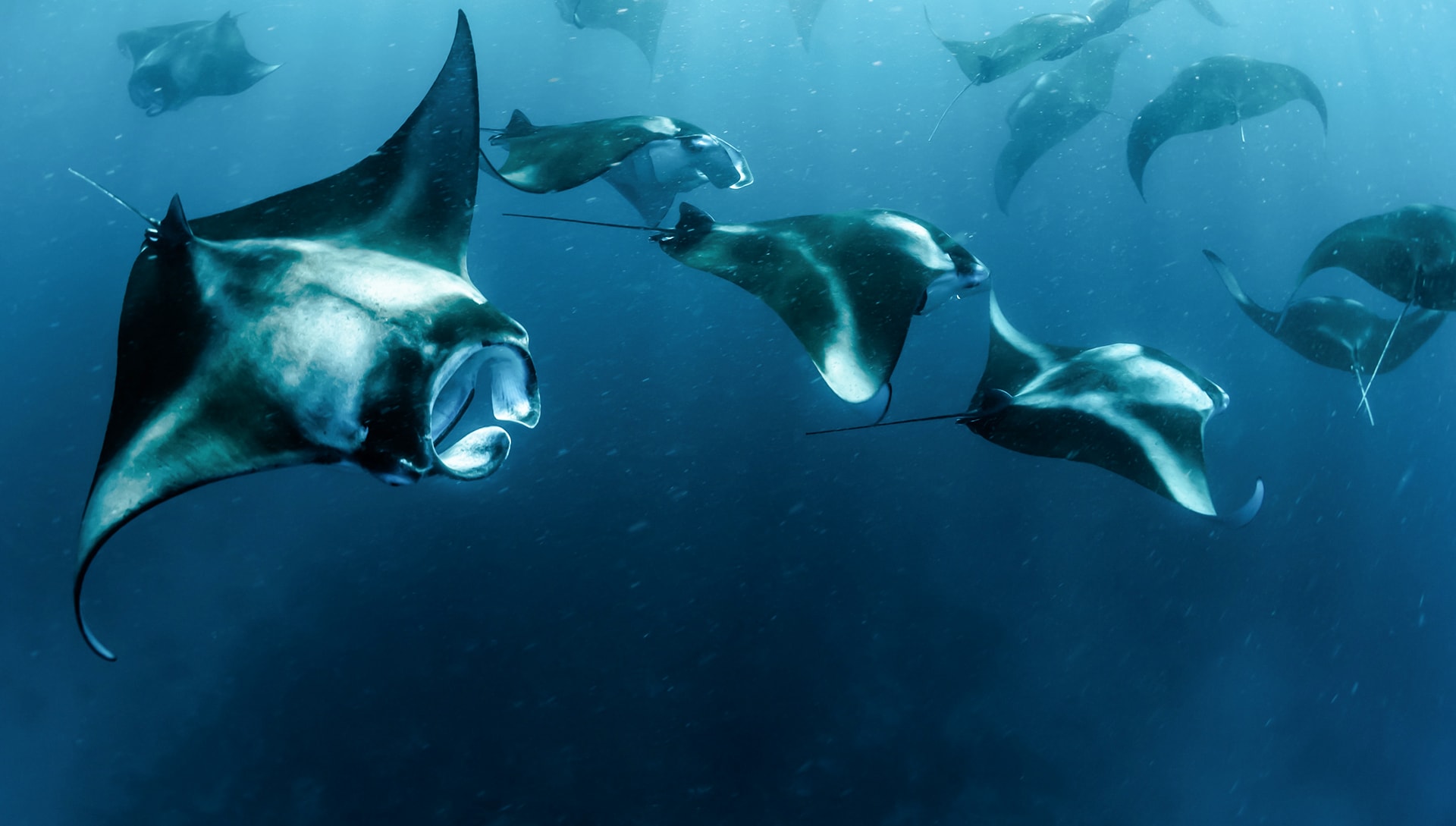World representatives must adopt new goals and targets to put biodiversity on a path to recovery. Later this year, the 15th Conference of the Parties (COP15)[1] of the Convention of Biological Diversity offers the opportunity to make this happen.
Prior to COP15, the CBD Parties convened a meeting in Nairobi (21-26 June, 2022) to finalise the text of the goals and targets of the new Post-2020 Global Biodiversity Framework. Four years in the making, this is perhaps one of the last opportunities to agree on a way forward.
The challenges likely faced in Nairobi are already foreseeable. Divergent language and direction of goals and targets prove obstacles in guiding the world’s biodiversity programmes and policies. In some instances, [bracketed text][2] points to developing a Framework that addresses the conservation and recovery of all species. In others, the goals are only for those known threatened species. Some targets aim to enhance human-wildlife coexistence for the benefit of both, and other, less ambitious, text simply directs Parties to minimise harm to native wildlife.
Convention Parties are either encouraged to simply [prevent exploitation], or act urgently to eliminate all direct exploitation, trade and use of wildlife. Of course, we support the latter.
The World Federation for Animals (WFA), Born Free Foundation, and other NGOs[3] are campaigning to ensure the most ambitious language, inclusive of the protection of all species. Together, we have sent negotiators concrete proposals with evidence-based recommendations on the goals and targets needed to both halt and prevent biodiversity loss.
We call for the Parties to the Convention of Biological Diversity to:
- Shift the ‘sustainable use’ of biodiversity narrative. This term must only apply to cases where strict criteria for managing and assessing ecological sustainability are met, allowing species and their ecosystems to recover and thrive.
- Adhere to the One Health approach integrating human, animal, and environmental health and well-being. Adherence will substantially reduce the risk of zoonotic disease and tackle both the biodiversity and climate crises. The health and welfare of individual animals must be taken into consideration to sustainably conserve entire species and achieve sustainable development. Let’s finally recognise the intimate relationship between human and animal well-being, and the broader health of the environment.
The outcome of these negotiations matter, including for the animal protection movement. Once adopted, the new Biodiversity Framework will guide 195 countries and the European Union (EU) as they adjust their own strategies and plans for the conservation and sustainable use of biodiversity. A Framework that integrates animal health and welfare considerations should translate into tangible actions with a positive impact on animal lives and allow us to hold signatory governments accountable for the implementation of those actions.
Let’s push together.
Photo by Vignesh on pexels
Notes:
[1] COP is a meeting of representatives from the governments and regional bodies that ratified the treaty.
[2] Text in bracket refers to text that has not been agreed upon by the negotiators.
[3] Supporting NGOs: Animal Protection Denmark, CODE Animal, Compassion in World Farming, Eurogroup for Animals, FOUR Paws, Green REV, Ippothesis, One Nature, Pan African Sanctuary Alliance (PASA), RSPCA, and World Animal Protection





